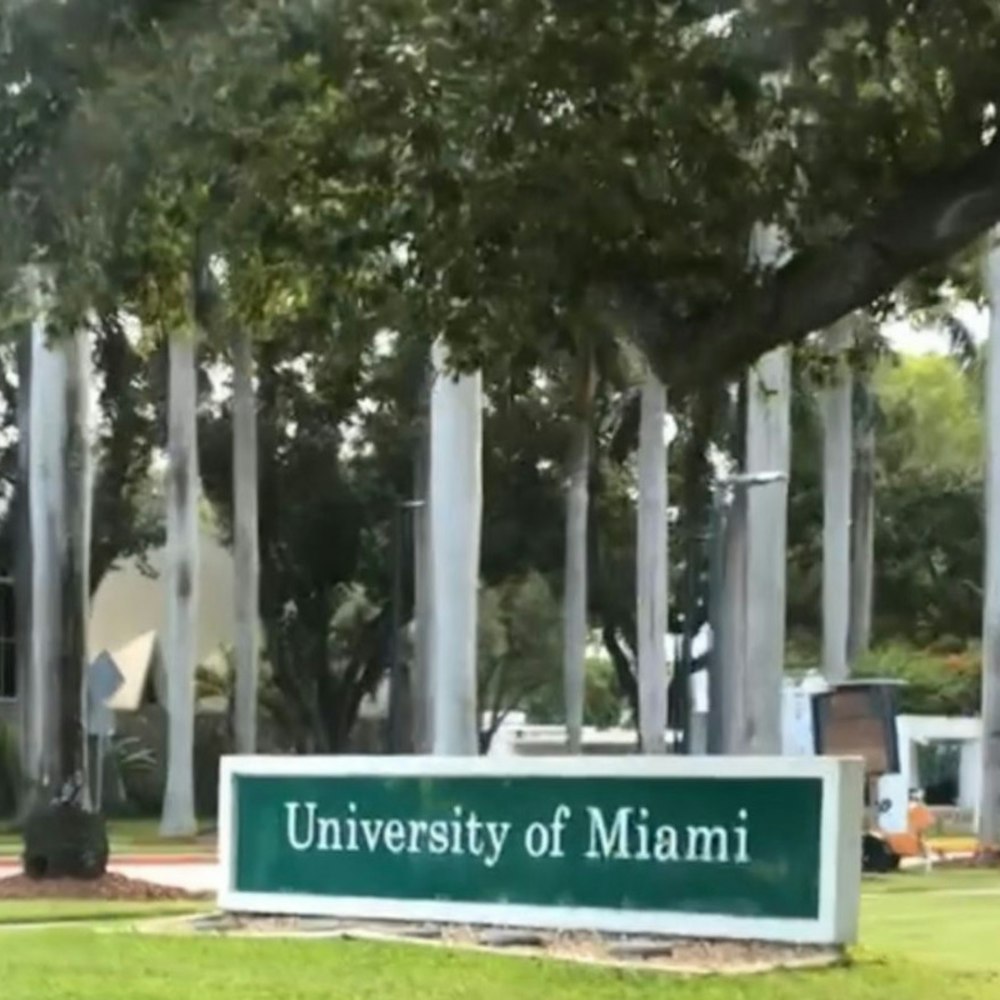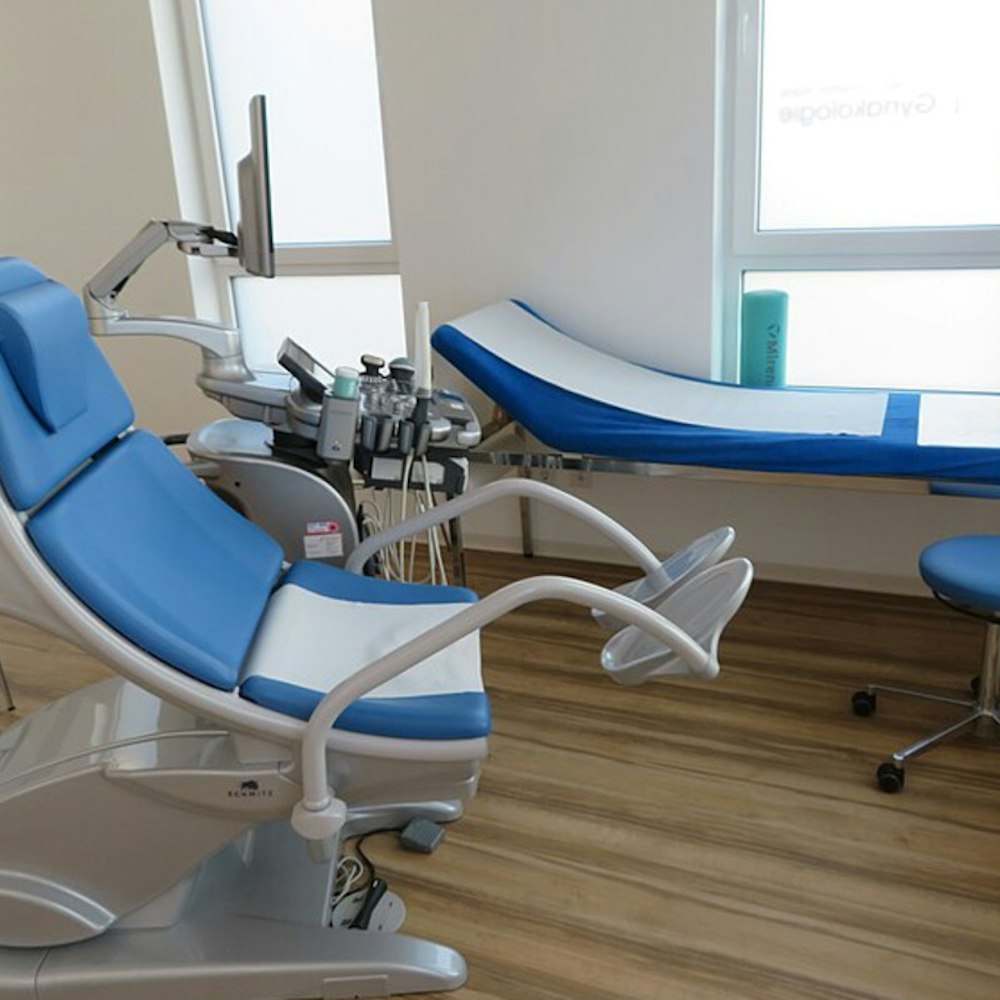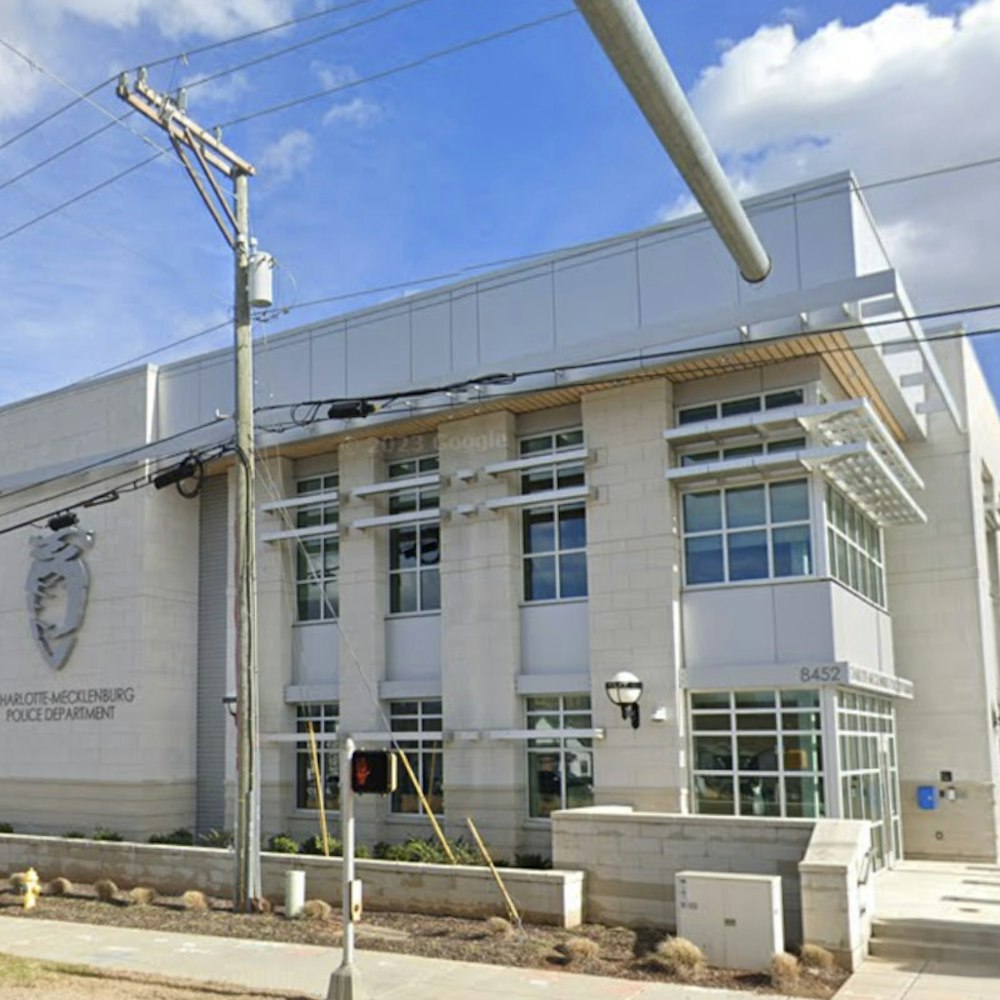
Portland's residents are due for a sip of news regarding the quality of their drinking water, as the Portland Water Bureau has released its 2024 Drinking Water Quality Report. In its annual roundup required by the State and the EPA, the bureau confirmed its detection of regulated contaminants in the water supply during the previous year. But rest easy, Portlanders—the list is not exhaustive. According to the report, this is just a sampling of the over 200 substances both regulated and unregulated, that the bureau tests for. For those detail-oriented thirsting for more, additional results can be found on the bureau's Drinking Water Test Results page.
The report mentions that Portland gathers its water from two primary sources: the Bull Run Watershed and the Columbia South Shore Well Field. The former, nestled in the Mount Hood National Forest, clocks in an impressive 135 inches of precipitation a year, eventually funneling into reservoirs holding nearly 10 billion gallons of drinking water. "Source water assessments are completed to identify contaminants of concern for drinking water. For the Bull Run, the only contaminants of concern are naturally occurring microorganisms," declared the report. Those interested in a deeper dive into Portland’s source water assessment can retrieve it online, or if dialing is more your speed, give 503-823-7525 a ring.
Over to groundwater, the Columbia South Shore Well Field, flanked by the airport and Blue Lake Park, is a network of 25 wells diving into three aquifers. While the underlying aquifers have a natural geologic barrier against surface pollutants, the Portland Water Bureau isn’t taking chances. In tandem with Gresham and Fairview, they're committed to a Groundwater Protection Program, working with the community, ensuring that urban contaminants don't taint our precious groundwater.
As for treating this vital resource, Portland follows a three-step approach: Chlorine wards off potential illness-causing microorganisms, while ammonia is added to extend chlorine's disinfectant life. Sodium carbonate and carbon dioxide for Bull Run water, with sodium hydroxide for groundwater, come into play to curb corrosion of metals such as lead. Yet change is flowing, as Portland prepares to update its Bull Run treatment by 2027 following "a series of low-level detections of Cryptosporidium," the report admits, with a future filtration plant pegged to address this concern.
-1.webp?w=1000&h=1000&fit=crop&crop:edges)








